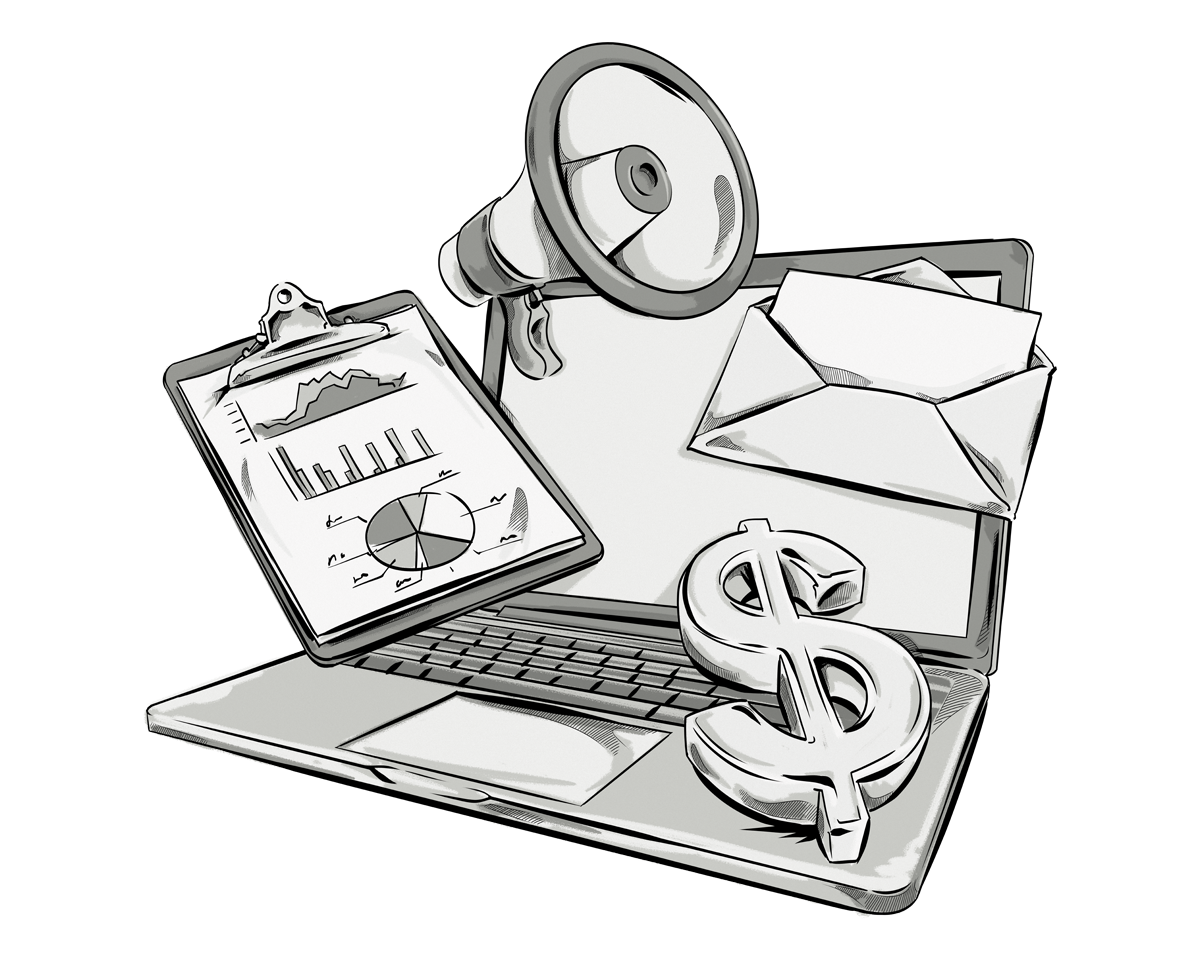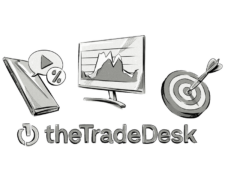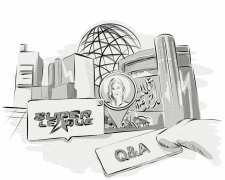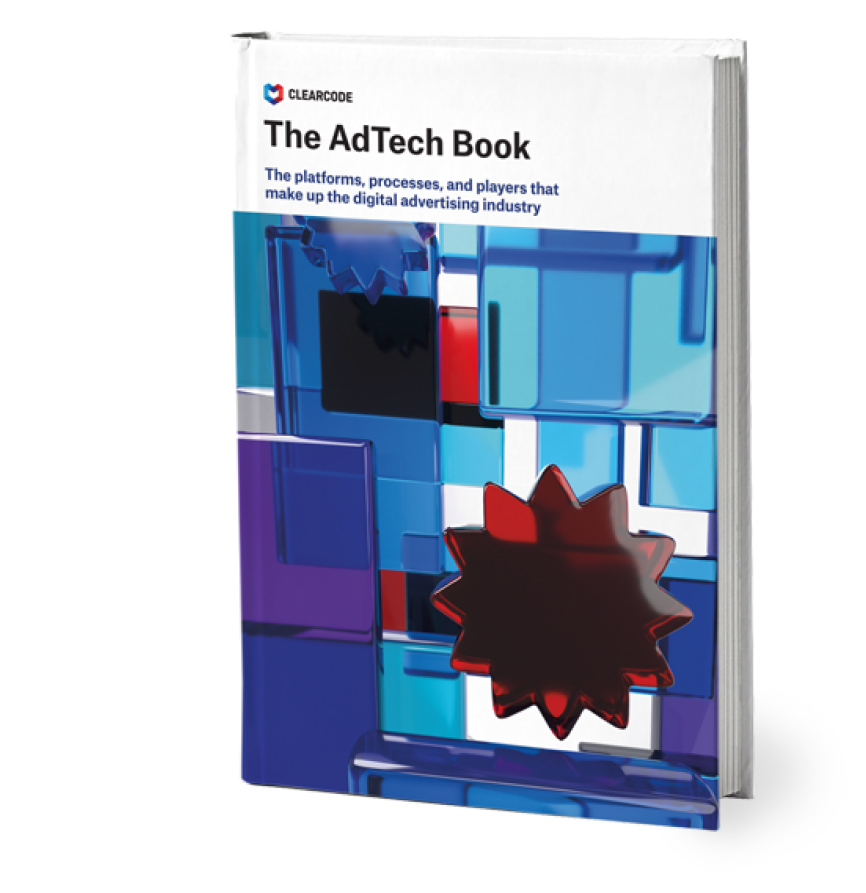The AdTech and MarTech landscape has become incredibly dense; the abundance of solutions available on the market is staggering. This poses a challenge for companies to harness the power of programmatic and shape it to their specific needs.
“Custom” is the name of the game, and by not jumping on the bandwagon, you are missing out on an opportunity to gain a competitive edge over others by increasing focus on privacy, transparency, customization, economy, and efficiency. This calls for an imminent transition from run-of-the-mill AdTech to bespoke solutions. The step may no longer be an extravagant whim, but a common-sense decision.
Why Should Companies Consider Custom AdTech?
There are a number of good reasons to opt for a custom solution and overcome the nagging problems of AdTech.
1. Data-Ownership Concerns and the GDPR
Although most SaaS-based AdTech platforms provide their clients an easy-to-use user interface (UI) and zero infrastructure maintenance, there is an important tradeoff and an ultimate dealbreaker for many companies: data ownership.
Ownership of technology and data, rather than using a third-party solution, gives the advantage of better adaptability and compliance with privacy regulations.
This is where tailor-made, in-house tools begin to make sense, as you are able to host the technology and data on your own infrastructure. This advantage is impossible to overlook and presents a strong selling point for custom AdTech solutions, especially when you consider the upcoming changes to iOS and Safari 8, and of course, the mighty GDPR.
The General Data Protection Regulation (GDPR) goes into effect on May 25, 2018, and will be the most game-changing data-privacy law ever introduced in the European Union. The regulation entails significant internal changes in privacy policy, and AdTech providers will be required to implement new data-security measures. Having, or building, your own custom AdTech platforms will make complying with the GDPR less challenging.
Among other changes, with GDPR in force, companies will have to inform data subjects (i.e. users) about a data leak within 72 hours. Also, each data subject will have the right to be forgotten. This essentially means that, upon request, the controller must erase a user’s personal data, cease its further dissemination, and potentially have third parties halt processing of the data.
In such event, if your data is stored across a number different AdTech/MarTech platforms, this means a lot of tedious work to do. With data ownership, you will not have to plough through all the platforms where your data might be scattered.
2. Control Over the Features and Roadmap
Suites, platforms, solutions—the AdTech ecosystem has become unwieldy. The sheer number of products available on the market is difficult to grasp even for a seasoned CMO. The result? Identifying and choosing the right tools and platforms becomes a daunting and time-consuming task, mainly due to high redundancy of features involved in the process.
Certain tools offer unique features, but they rarely give companies the possibility to strip down the functionalities that their clients don’t really need. Such huge overlap across the marketing stack generates unnecessary costs. Custom AdTech has the advantage of better control over the features and roadmap.
3. Competitive Advantage
Both the AdTech and MarTech industries have evolved so much over the past decade that most of what made companies different in the past is now considered standard — e.g. using data to improve targeting.
However, many companies are still marketing their tools and platforms as innovative and unique, when in reality, there’s nothing really innovative or unique about them.
Building custom AdTech and MarTech platforms can change this.
By identifying common problems within the industry, emerging channels (e.g. CTV), and big trends companies can look for ways to develop tech that solves these problems and offers something that’s different than the 99% of companies out there.
For example, instead of building an AdTech platform with your own proprietary algorithms, you could build one that allows your clients to create or bring their own — similar to what AppNexus did with their programmable DSP.
Read our post to learn how AdTech and MarTech companies can build on top of AppNexus.
4. Reduction of Media Fees and Commissions
The markup of demand-side platform (DSP) providers typically ranges between 10–30%. There is also little transparency in the display-advertising world nowadays, and various hidden margins can often emerge along the way.
However, by building your own AdTech platforms, you can virtually bypass these fees and commissions, but the savings vastly depend on the size of your annual media budget and, for some agencies and companies, may still be beyond reach.
The reason is the relatively high entry cost of building or acquiring the technology. On top of that, with all the benefits of maintaining your own AdTech platform comes the long learning curve and the need for domain-specific know-how.
While all of the above points are clear advantages for all types of companies, for some, the costs associated with building custom AdTech platforms from the ground up are simply too high—but there is an alternative.
Custom AdTech Integrations
Custom integrations allow you to build formidable advertising and marketing technology platforms by building on top of existing solutions or integrating your own solutions with other AdTech and MarTech platforms.
These custom-integrated platforms are not only flexible, but are also cheaper to maintain, free of unnecessary features, and easier to manage by advertisers and marketers.
Below are just a few examples of the types of things you can achieve and build with custom integrations:
1. Access More Inventory and Data
For AdTech platforms especially, accessing more inventory and/or data can mean the difference between attracting new clients or losing potential ones.
2. Build Custom Solutions
A number of prominent AdTech companies have started to offer customizable tools that allow their clients to build custom solutions. Examples include AppNexus’ Programmable Bidder and Beeswax’s Bidder-as-a-Service.
3. Automate Workflows
Even though online media is typically purchased programmatically (i.e. via software), there are still a few manual procedures that both advertisers and publishers have to perform. These will include creating a campaign, generating ad codes from DFP, adjusting CPC/CPM bids, etc. Automating workflows not only allows you to use resources more efficiently, but also ensures your time is spent where it needs to be.
By integrating solutions like DoubleClick or TradeDesk with your existing tools, you can automate these actions, allowing your teams to work more efficiently and boost productivity even further.
4. Create Custom Dashboards and Reports
Companies that utilize a number of different AdTech and MarTech platforms can create custom dashboards and pull various reports from different platforms (e.g. from DoubleClick).
It turn, they can analyze all their campaigns from one screen. This saves the hassle of having to flick through half a dozen or more different tabs or applications and aggregate the data manually.
Conclusion
Advertisers and marketers find it increasingly difficult to fully harness and benefit from the vast inventory of tools available on the market. The holistic solution to solve all the pain points of the chaotic ecosystem may never emerge. On top of that, as mentioned above and in our article on Exchangewire, there is a constant struggle to make the weapons of choice economically viable. This explains the urging need for sensible consolidation and integration, which can only be satisfied by custom AdTech and smart integrations.
The decision to either build custom AdTech/MarTech from scratch or integrate with other existing platforms and gain access to more inventory and data has to be backed by business considerations, but with clear vision of what’s needed, one cannot go wrong.








